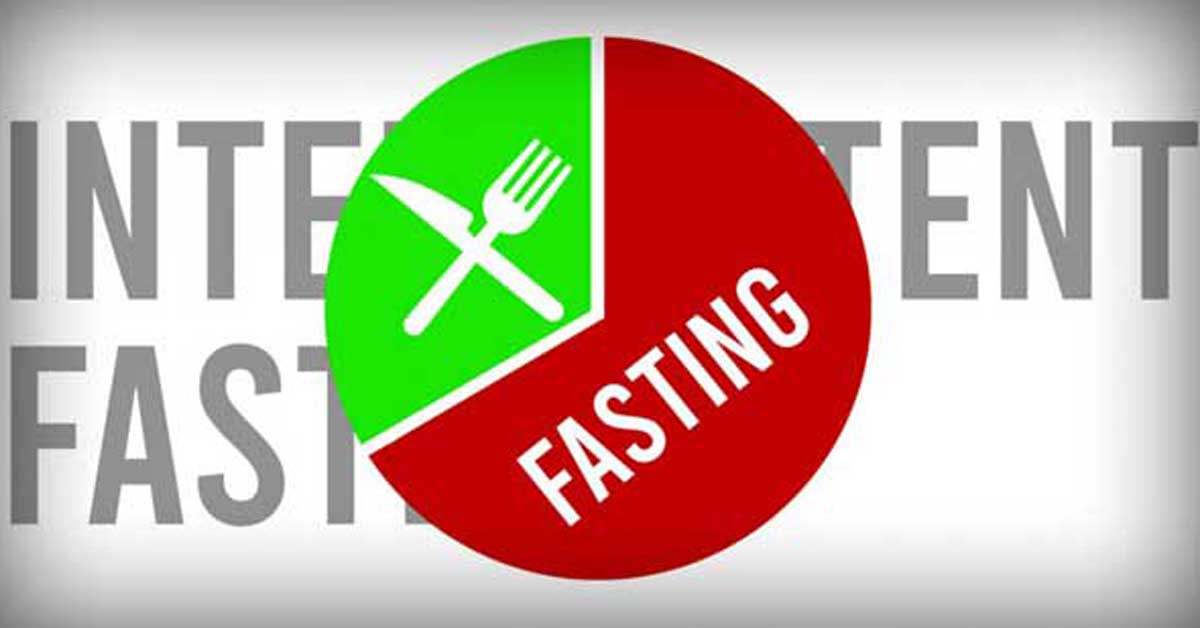Listen to Eric Greene APRN, CNP discuss his personal experience with intermittent fasting after being introduced to it by Dr. Halstrom.
Intermittent fasting is a generic term popularly used to describe some of the dieting practices Eric has utilized for more than a year. This is a dieting strategy Eric has recommended to some of his patients because of the benefits and simple process it utilizes.
Over the last two years, intermittent fasting has rapidly gained popularity as a dieting option for those looking to improve their health.
The 3 Types of Intermittent Fasting
While there are many variations to this diet, there are three common styles Eric has shared with patients in the past. All of these rely on the length of the fast as the primary difference to set them apart from one another.
1. Time-Restricted Eating
One of the most prominent types is the 16 hour daily fast that Eric does, which is something that can be built into your routine and lifestyle. For Eric, this means only eating between noon and 8pm every day. This often means he eats two meals each day rather than three – one at lunchtime and another at night.
Eric points out that there is a rhythm to when we sleep but also a rhythm for when we eat. Because of this eating during these defined windows helps make better use of our metabolism.
2. Traditional Fasting
This is the normal fasting you may have done as a requirement for a doctor’s appointment in the past. For traditional fasting, the person on the diet will not eat for up to a 48-hour window once or twice a week rather than follow a daily schedule.
For example, someone would eat on Sunday night at dinner and fast until Monday night at dinner.
3. Prolonged Fasting
Prolonged fasting is similar to traditional fasting but for a longer duration, oftentimes 3 to 7 days of consecutive fasting. On this plan, only water and vitamins are consumed during the time period.
This should be done only with medical supervision as it is important to have a medical professional monitor your status as you progress through this fast.
Does intermittent fasting change your exercise schedule?
In Eric’s experience on the diet, he has not felt a slow down or dip when it comes to his energy level – be it on time-restricted eating or a traditional fast. Because of this, he has maintained the same exercise schedule he used prior to being on the diet.
It is important to note that Eric exercises for the sake of being healthy and not for competition. Those considering using this diet while competing in athletic activities will want to consult a medical provider.
Is chewing gum or drinking coffee acceptable at any time of the day while on an intermittent fasting diet?
Because both gum and coffee have minimal (if any) calories it is often considered acceptable to consume either of these in conjunction with water during your fast. However, Eric does point out that the impact of using coffee has on the success of this diet is still not clear. For his daily time-restricted eating, Eric does consume black coffee in the morning.
How do you fit time-restricted eating into your schedule?
The best way to do this varies depending on your personal schedule. However, if you want to maintain eating three meals a day you could eat breakfast late and eat dinner early.
The challenge to this becomes the strains it has on your life. A late breakfast may mean eating during work and an early dinner may result in you not eating with the rest of your family. In order to accommodate your work schedule and still be able to eat at the same time as your friends and family, a schedule like Eric’s noon to 8pm may be preferable (though this will not allow you to eat breakfast).
Eric’s biggest point of emphasis here is the plan must be one that works for you. If the 8 hour period you choose is difficult to maintain, you will be unlikely to stick to the diet.


